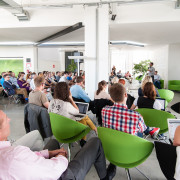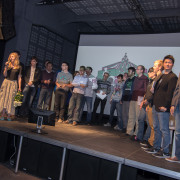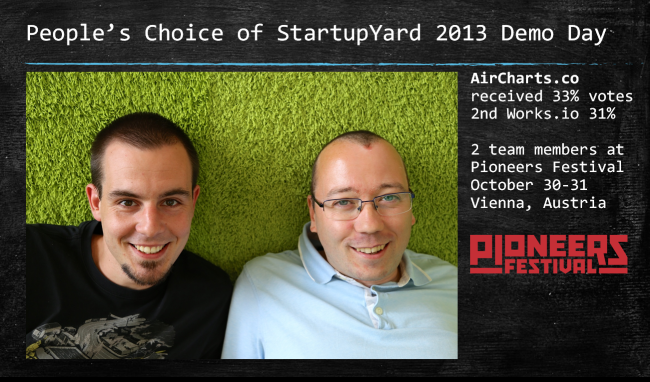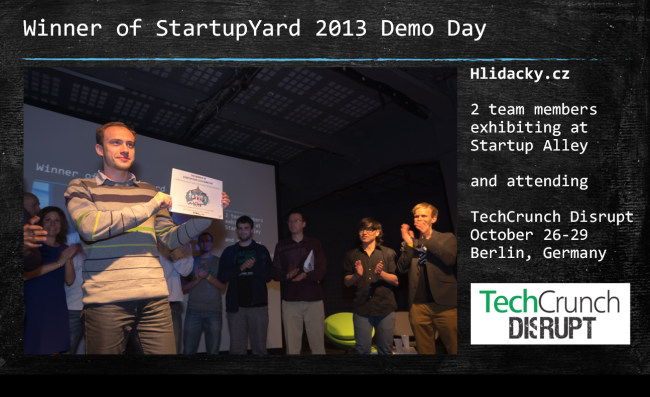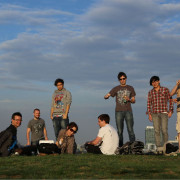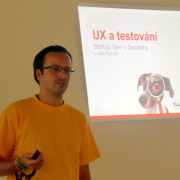Data and Search now the heart of StartupYard for 2014
Are you ready? We are accepting applications starting today for our April 2014 round!
This round will focus exclusively on teams working in Data, Search and Analytics.
We will be setting our sights on the best teams in these areas from all over Europe; selecting only 6 from 10 finalists for our 3 month, English-language only Acceleration Program. Teams from outside the Czech Republic will receive free accommodations in Prague, and one payed return flight from anywhere in Europe.
The comprehensive program will cover all aspects of creating and growing a business, from legal and accounting, to hiring, code review and company culture, with access to 90 specialised mentors, media trainers, a professional native English copywriter and blogger, and perks worth €250,000.
Prague attracts many data companies, so we felt it would be to the benefit of our upcoming class if we specialised. We have a very clear objective: to attract the most ambitious projects from all across Europe in the fields of Data, Search or Analytics. To achieve that, we have put together a package we hope no entrepreneur in Europe could refuse. If you are working on any project related to Data, Search or Analytics, you have until Jan 31st, 2014 at Midnight to apply.
[ssba]

